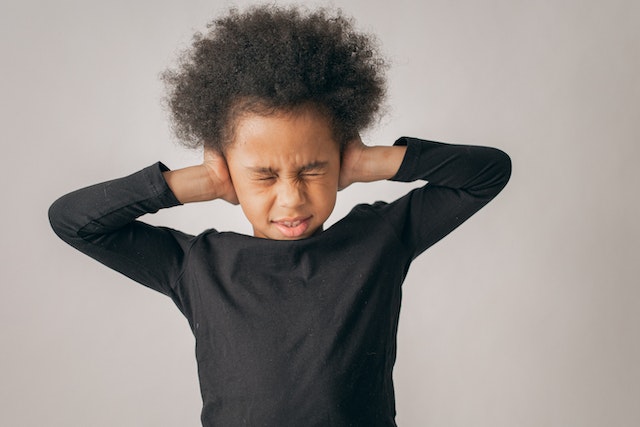Over 30% of teenagers between 13-18 have anxiety issues.
Anxious thoughts in children can be very serious. Children who have anxiety may experience panic attacks, nightmares, and even depression.
If you’re a parent of a child who is experiencing anxiety, it can be very difficult to know how best to help them.
It’s important not to label your child as “anxious,” because this can make them feel like there’s something wrong with them. Instead, try to focus on their feelings and help them work through them.
If you are wondering how to help your child with anxiety, this simple guide is for you.
Learn About Anxiety
Children who have signs of anxiety may not know what it is and why they’re feeling that way.
It might be difficult to explain what is happening to them. You must take the time to learn about anxiety so that you can be a good support person for your child.
Learn how to talk about what they’re experiencing with them in an age-appropriate way.
Be an Excellent Role Model
Kids learn how to handle their emotions by watching you.
If they see you getting stressed and anxious over little things, they’re more likely to feel that way themselves. Set a good example by being calm and collected, even when things aren’t going your way.
Your child can see that they’re not alone in the way they feel and that there are ways to cope with those emotions.
Teach Your Child Coping Strategies
When kids are feeling anxious, it can be hard for them to think clearly.
It’s important to teach them some coping strategies so they have a toolkit full of ways to manage their anxiety and feel better. Some strategies include having a weighted stuffed animal, playing with a fidget toy, going for a walk, and practicing deep breathing.
Be sure to practice these strategies together so your child knows how to do it when they need it.
Use Art and Play to Express Feelings
Art and play are great ways to help children express their feelings.
If your child is anxious, encourage them to draw a picture of what they’re feeling. Or make an anxiety monster out of play dough.
If your child isn’t an artist, play is still an important tool for helping them manage their feelings.
Set Aside Time for Worry
One of the best ways to help your child is by setting aside time for worry.
This will help your child see that they have a place in their life where they can be anxious. You might start by asking them how long they think they should spend worrying about something.
Then you can set aside that amount of time for them to worry.
Encourage Restful Sleep
Sleep is one of the most important ways to reduce anxiety.
Encourage your child to get a good night’s sleep by setting a regular bedtime and keeping them from electronics before going to bed. If they have trouble falling asleep, try reading them a story or playing soft music while they lie in bed.
If this doesn’t work, try taking a short walk with your child before bedtime, which can help them relax and fall asleep easier.
Work on Lifestyle Habits
It’s important to develop good lifestyle habits that can help reduce anxiety.
Encourage your child to eat healthy foods, get regular exercise, and spend time with friends. Keep in mind that children may not have the same lifestyle habits as adults.
Try to find a balance between what’s best for your child and what’s best for you.
Practice Gratitude
One of the most important things you can do for your child is to help them understand that there are always things in life to be grateful for.
It’s easy to focus on what’s wrong with our lives. However, it’s also important to acknowledge things that are working well.
Help your child to find things to be grateful for. This could be something as simple as enjoying a good meal with family or friends or being able to go outside and play.
It may also help to keep a gratitude journal in which your child can write what they’re grateful for each day.
Work With Your Child’s School
If you’ve noticed that your child is struggling with their behavior or their grades, work with their school.
They can provide resources and support that may be beneficial for both of you. Some schools have a behavior specialist who can help you and your child find the right strategies to manage their behavior.
The school can also provide tutors or other support if your child is struggling academically.
Consider a Therapist or Counselor
There are many types of therapists and counselors.
Some specialize in helping children manage anxiety. Others may help parents address the issues that can affect their child’s behavior.
A therapist or counselor can help you and your child create a plan to manage the anxiety. They can also provide tools that to help manage the symptoms.
Don’t Shy Away From Medication
If you and your child’s doctor decide that medication is necessary, talk with your child about it.
Let them know it won’t make them feel weird or like their personality has changed. Medication can help relieve symptoms so that your child can focus on schoolwork and other activities.
You can also talk with them about what side effects they might experience from the medication.
Help Your Child With Anxiety Live a Full Life
A child with anxiety is not a problem child. It is simply a child who needs help.
There is no need to feel guilty, but there is a need to do something. You can help your child lead the life he or she deserves by learning how to treat anxiety.








